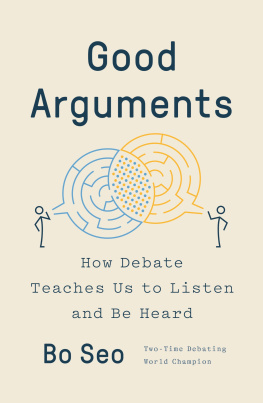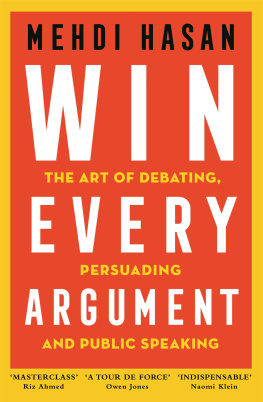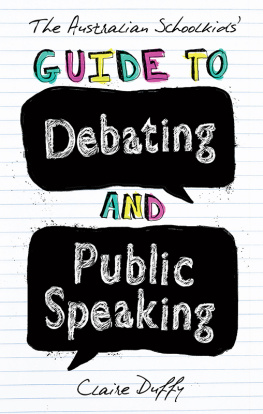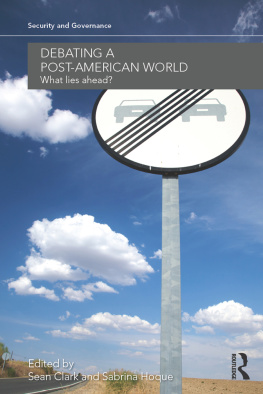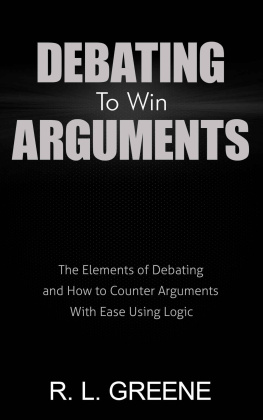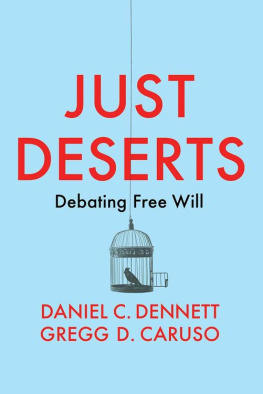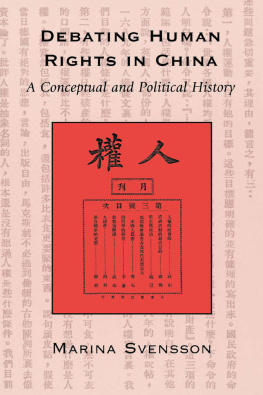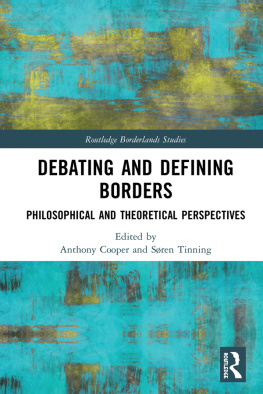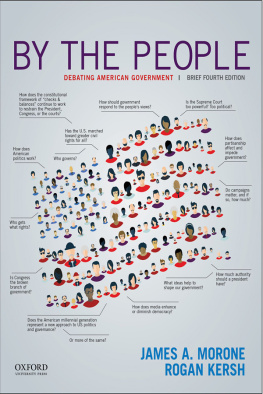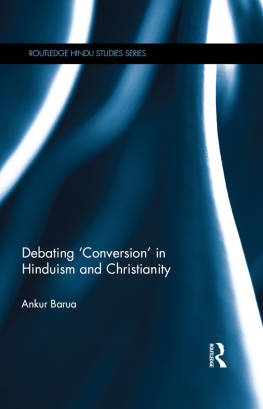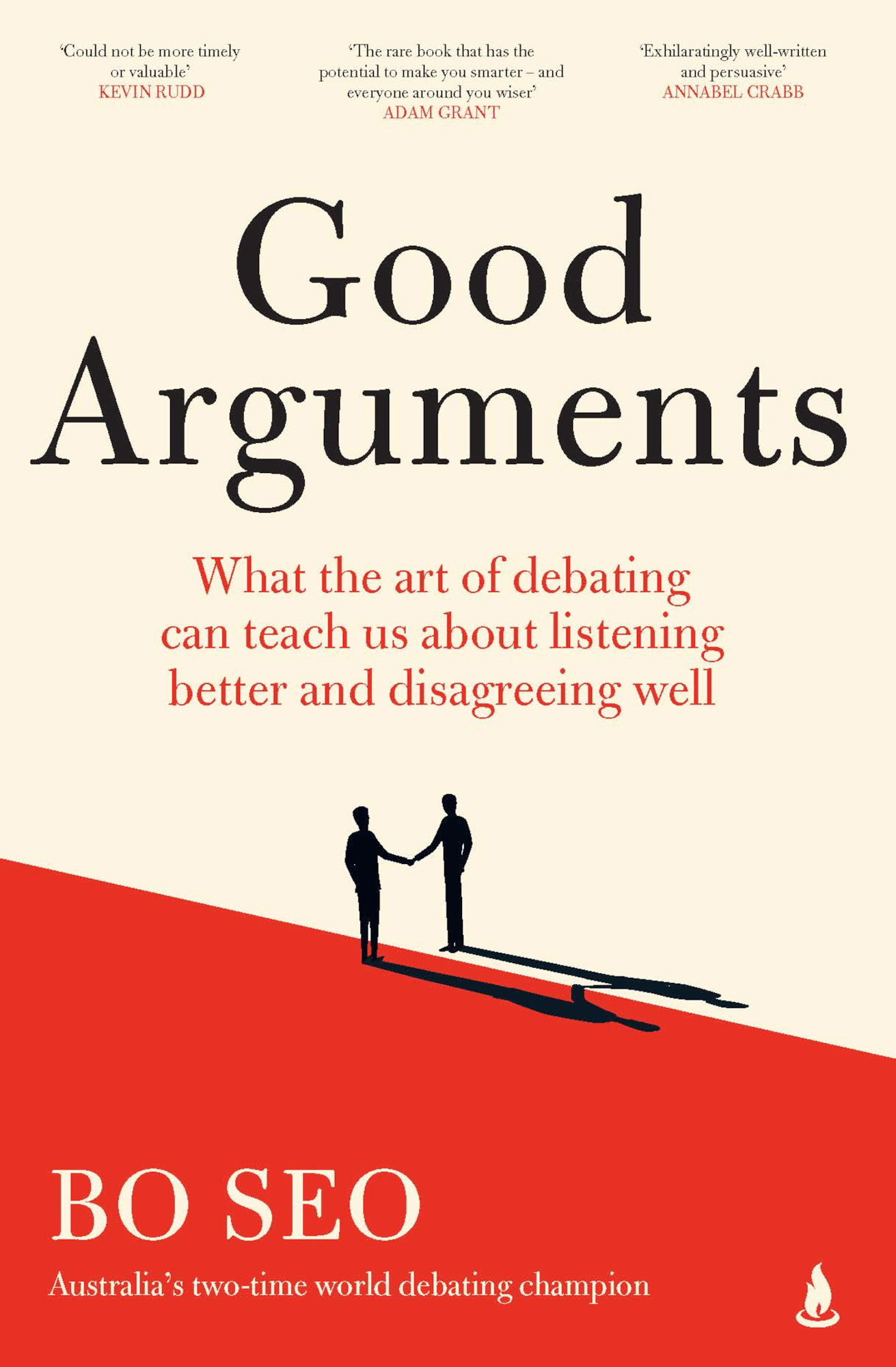Bo Seo - Good Arguments: What the art of debating can teach us about listening better and disagreeing well
Here you can read online Bo Seo - Good Arguments: What the art of debating can teach us about listening better and disagreeing well full text of the book (entire story) in english for free. Download pdf and epub, get meaning, cover and reviews about this ebook. year: 2022, publisher: Simon & Schuster Australia, genre: Home and family. Description of the work, (preface) as well as reviews are available. Best literature library LitArk.com created for fans of good reading and offers a wide selection of genres:
Romance novel
Science fiction
Adventure
Detective
Science
History
Home and family
Prose
Art
Politics
Computer
Non-fiction
Religion
Business
Children
Humor
Choose a favorite category and find really read worthwhile books. Enjoy immersion in the world of imagination, feel the emotions of the characters or learn something new for yourself, make an fascinating discovery.

- Book:Good Arguments: What the art of debating can teach us about listening better and disagreeing well
- Author:
- Publisher:Simon & Schuster Australia
- Genre:
- Year:2022
- Rating:4 / 5
- Favourites:Add to favourites
- Your mark:
Good Arguments: What the art of debating can teach us about listening better and disagreeing well: summary, description and annotation
We offer to read an annotation, description, summary or preface (depends on what the author of the book "Good Arguments: What the art of debating can teach us about listening better and disagreeing well" wrote himself). If you haven't found the necessary information about the book — write in the comments, we will try to find it.
When Bo Seo was 8 years old, he and his family migrated from Korea to Australia. At the time, he did not speak English, and, unsurprisingly, struggled at school. But, then, in year five, something happened to change his life: he was introduced to debating.
Immediately, he was hooked. It turned out, perhaps counterintuitively, that debating was the perfect activity for someone shy and unsure of himself. It became a way for Bo not only to find his voice, but to excel socially and academically. He went on to win world titles with the Australian schools and Harvard University teams.
But debating isnt just about winning or losing an argument: its about information gathering, truth finding, lucidity, organization, and persuasion. Its about being able to engage with views you disagree with, without the argument turning toxic.
Good Arguments shares insights from the strategy, structure and history of debating to teach readers how they might better communicate with friends, family and colleagues. Touching on everything from the radical politics of Malcom X to Artificial Intelligence, Seo proves beyond a shadow of a doubt that, far from being a source of conflict, good-faith debate can enrich our daily lives. Indeed, these good arguments are more important than ever at time when bad faith is all around, and our democracy seems so imperiled.
From two-time world champion debater Bo Seo, a thoughtful, instructive and eloquent meditation on the art of debate and why its central pillars - fact-finding, reason, persuasion and listening to opponents - are so valuable in todays alarming ecosystem of misinformation and extreme emotion. When Bo Seos family immigrated from South Korea to Australia, he was a shy, conflict-averse eight year old who worried about being an outsider, and in Good Arguments, he recounts how debate not only helped him to cross language lines, but also gave him confidence and a voice of his own. Michiko Kakutani, former chief book critic for The New York Times.
Bo Seo: author's other books
Who wrote Good Arguments: What the art of debating can teach us about listening better and disagreeing well? Find out the surname, the name of the author of the book and a list of all author's works by series.

